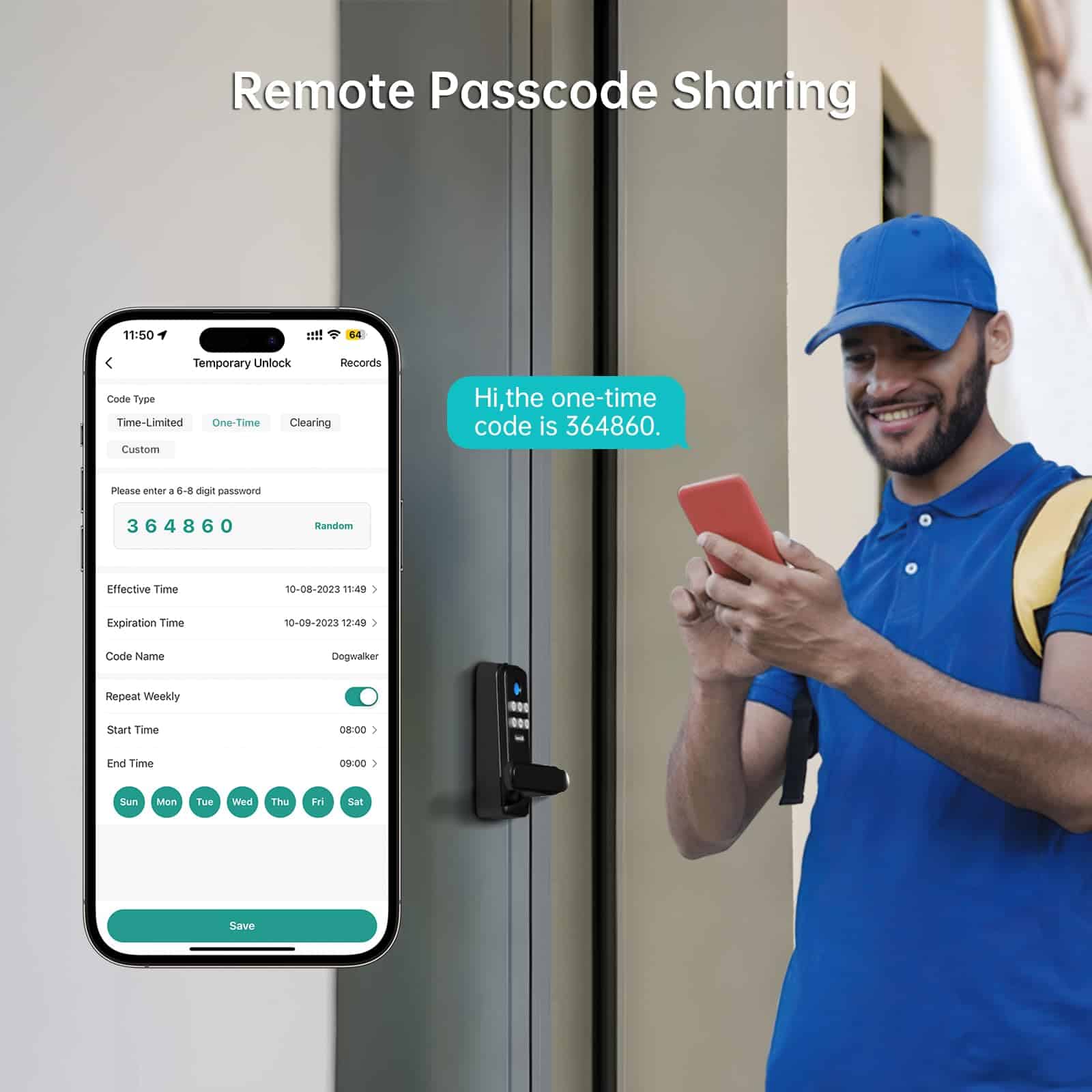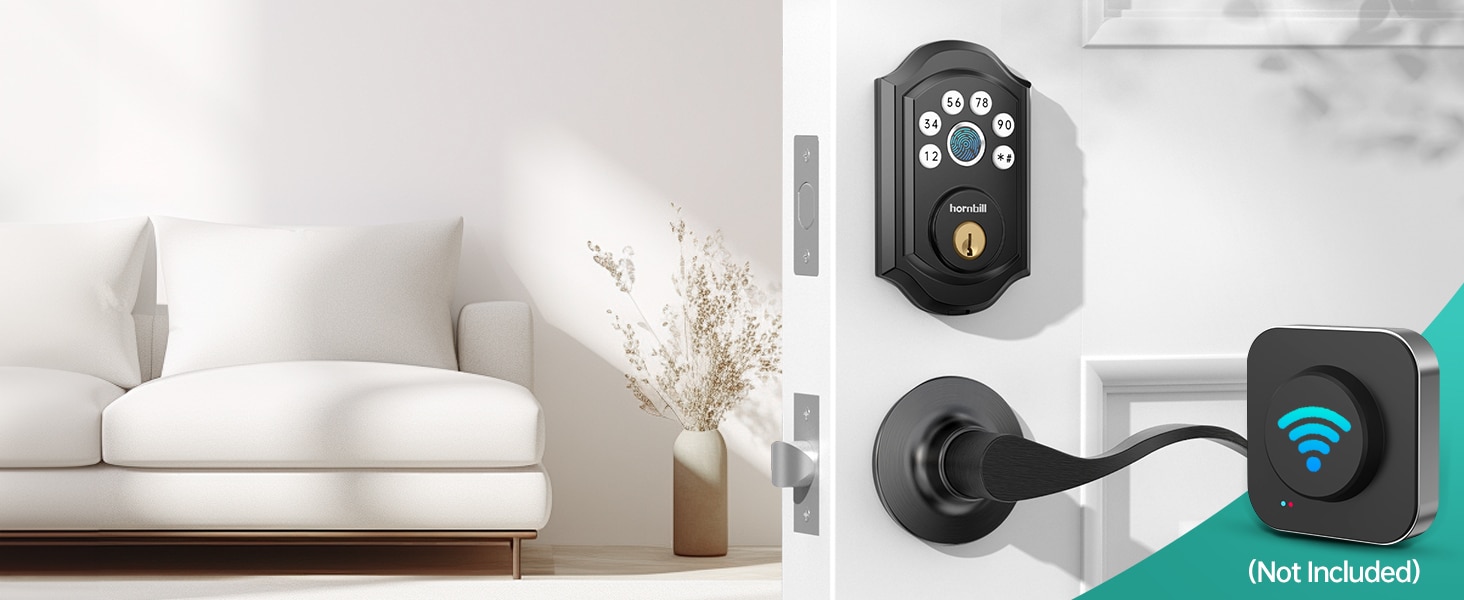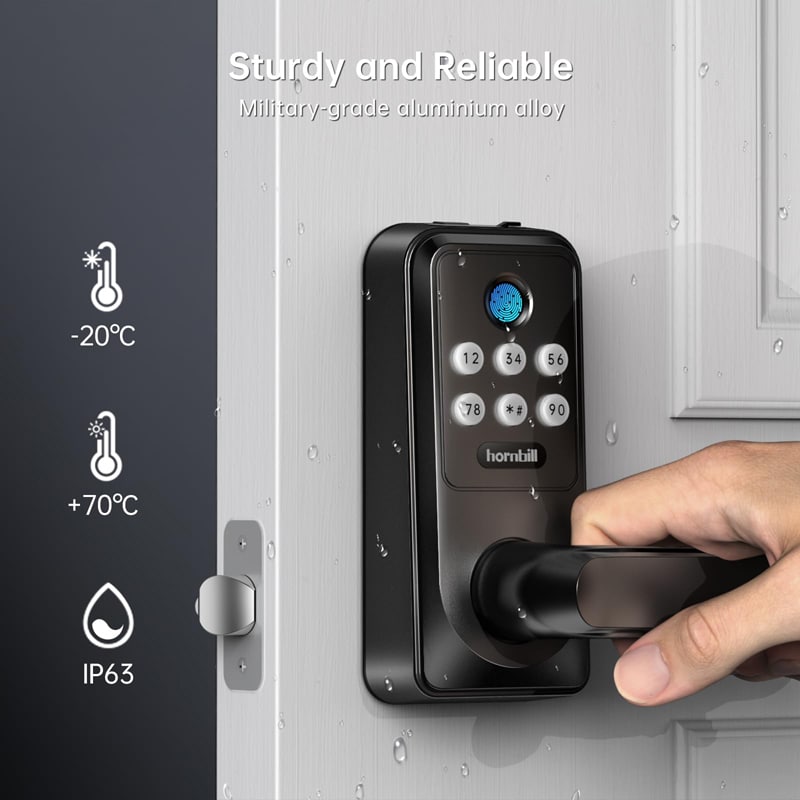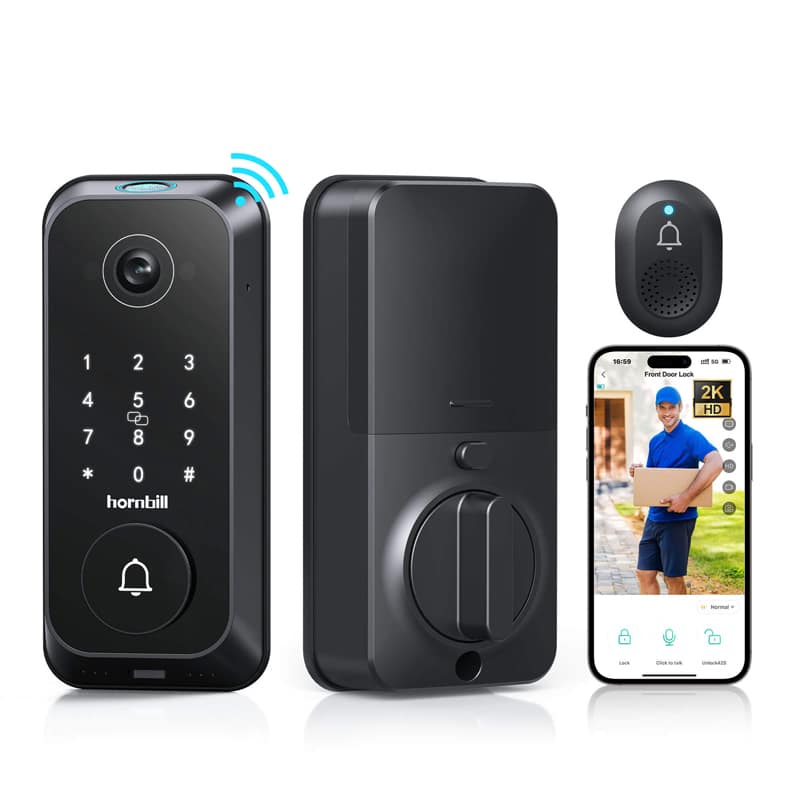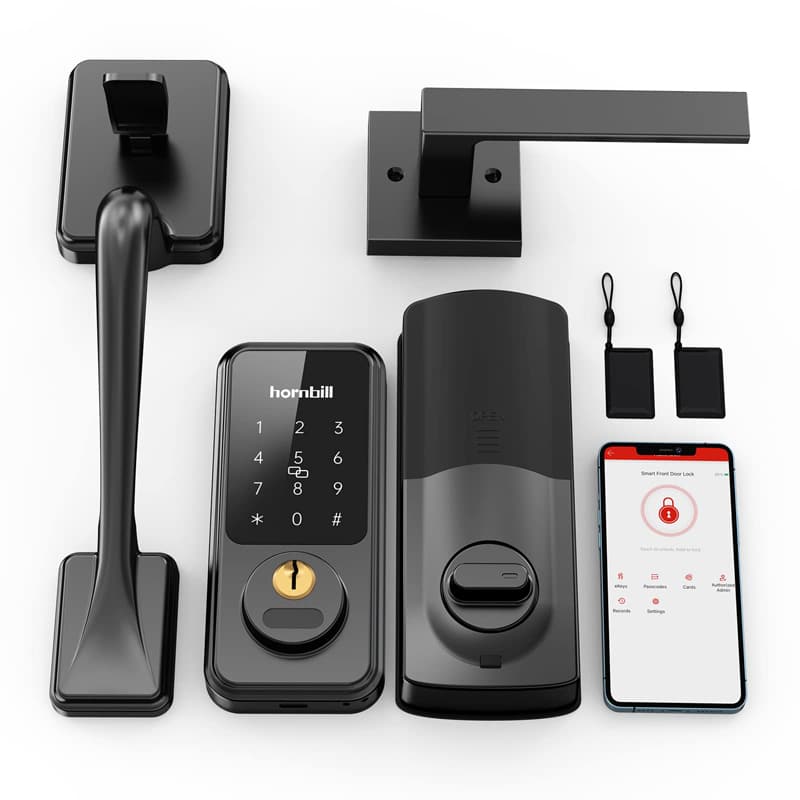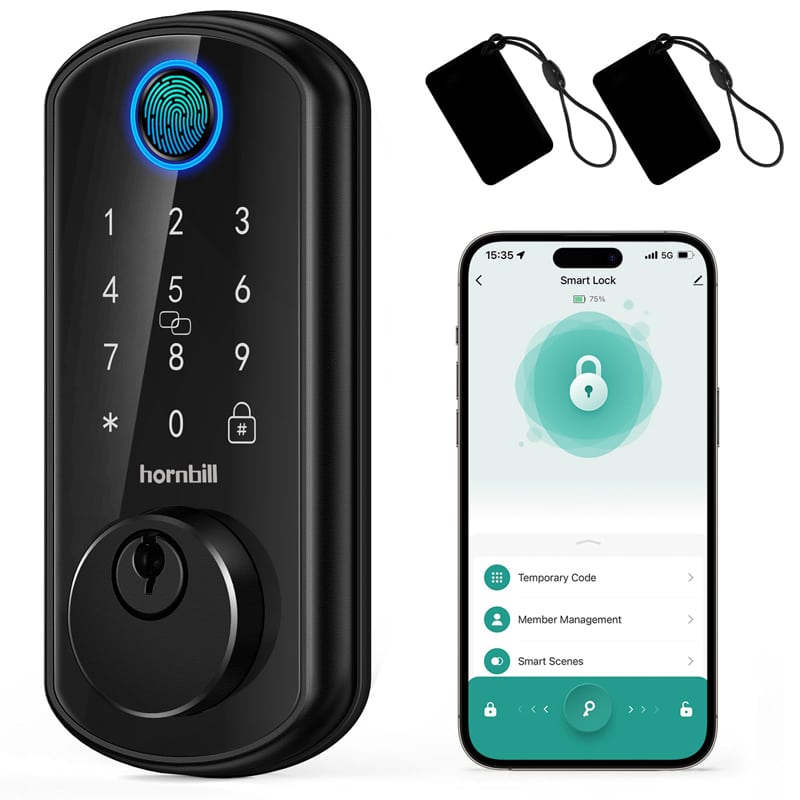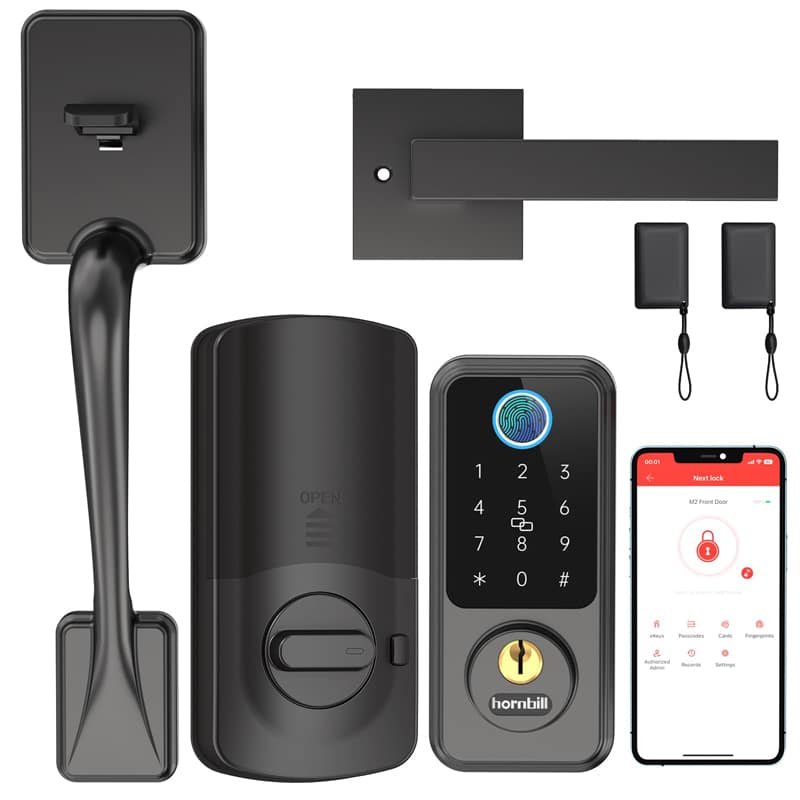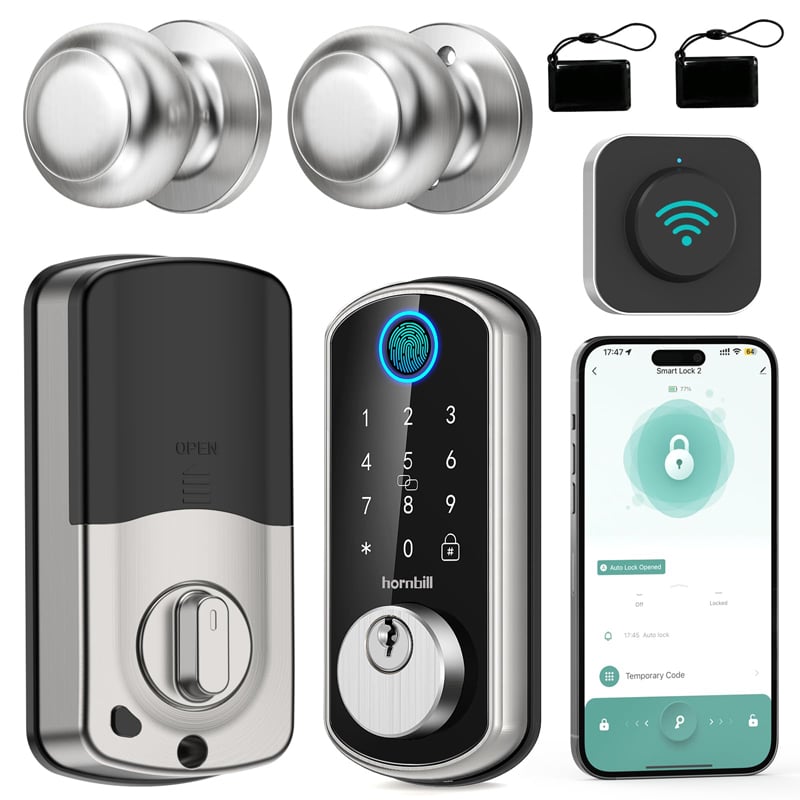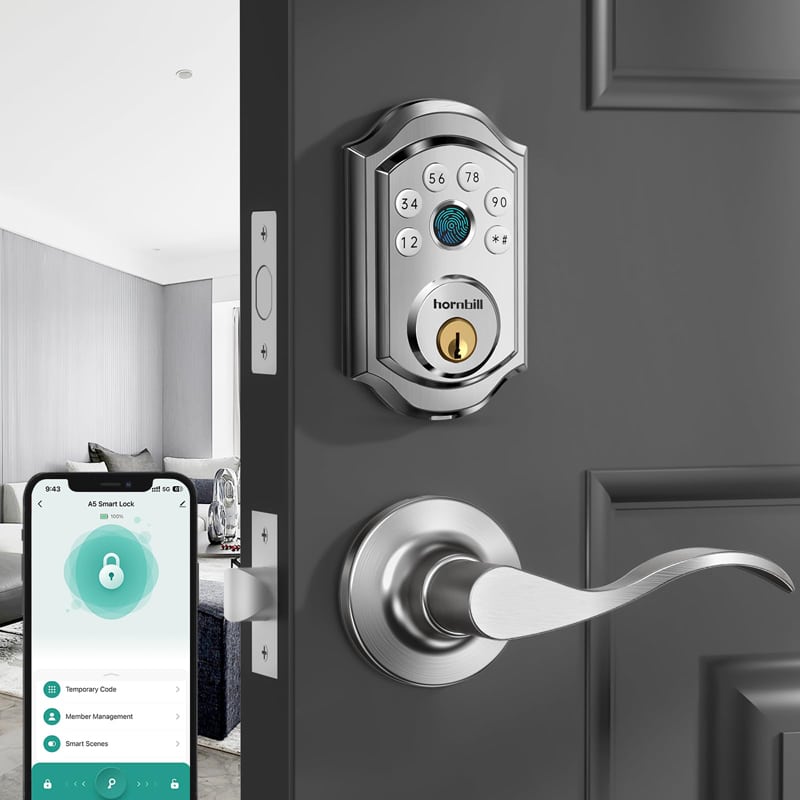With evolutions in smart technology, the traditional lock and key system has undergone a significant transformation. The introduction of WiFi enabled door locks in the smart home market has created a drastic shift in how residential and commercial security is handled. This article delves into the intricacies of these cutting-edge security devices and what they bring to the table.
A WiFi enabled door lock is a revolutionary device that lets homeowners lock and unlock their doors remotely from anywhere in the world, utilizing just their smartphone. The concept is born from the need for enhanced security, quick access, greater control, and convenience.
Firstly, we should understand how these locks work. WiFi door locks connect to a home’s Wi-Fi network, enabling remote access and control via a smartphone or web app. Upon receiving a command, these locks send the requested action to a hub connected to the home’s Wi-Fi, which then carries out the function.
Now, let’s inspect the benefits of implementing a WiFi enabled lock. The perk of remote accessibility stands paramount. No longer do you need to be physically present to allow access to your home – be it for relatives, friends, or domestic help. It eliminates the risk of lost keys and the chance of a break-in due to duplicated keys.
Another feature most appreciated is real-time alerts and history logs. This means you receive instant notifications whenever your door lock is operated. It makes it easy for you to track who is entering or leaving your house, ensuring safety and enabling you to take immediate action if necessary.
In addition, some best wifi enabled deadbolts integrate seamlessly with other smart home devices. If you have a smart home ecosystem, you can sync your Wi-Fi lock with it. This interoperability allows for automated actions such as lights turning on when you unlock your door or your security system activating as soon as you lock up, adding another layer of convenience.
However, like any other technology, wifi enabled deadbolts are not void of drawbacks. They are generally more expensive than traditional locks or even other smart locks. Also, they rely on a constant Wi-Fi connection, and any network disruptions can affect their operation. Battery life is another consideration; since these locks are battery-operated, they will need occasional replacements.
In conclusion, a WiFi enabled door lock offers advanced security, convenience, and a versatile level of access control. Though initial costs and potential network issues are possible downsides, the numerous benefits it provides can supersede the drawbacks. When considering a Wi-Fi door lock, it’s essential to evaluate your specific needs, available budget, and compatibility with your existing smart home devices to make a decisive and informed choice. As technology continues to evolve, we can only anticipate more advanced and user-friendly features making their way into this innovative market spectrum.
Disclaimer: This article is for informational purposes only and does not endorse or provide guidance for any illegal actions related to bypassing app locks or unauthorized data access. Such activities are punishable by law.

